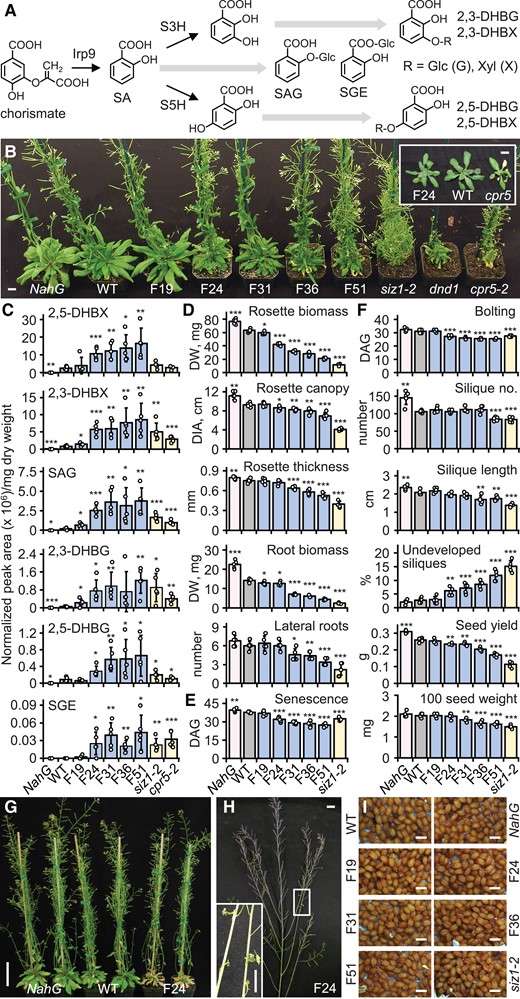2024-10-11 カリフォルニア大学バークレー校(UCB)
<関連情報>
- https://news.berkeley.edu/2024/10/11/altruistic-doctors-put-patients-before-profits-and-achieve-better-results-study-finds/
- https://jamanetwork.com/journals/jama-health-forum/fullarticle/2824419
医師の利他主義と支出、入院、救急外来受診率 Physician Altruism and Spending, Hospital Admissions, and Emergency Department Visits
Lawrence P. Casalino, MD, PhD; Shachar Kariv, PhD; Daniel Markovits, JD, DPhil; et al
JAMA Health Forum Published:October 11, 2024
DOI:10.1001/jamahealthforum.2024.3383

Key Points
Question Is there an association between physician altruism (which may indicate intrinsic motivation to act professionally by putting patients first) and care quality and spending?
Findings In this cross-sectional study that linked Medicare claims to data from a validated economic experiment, patients of altruistic physicians were significantly less likely to have a potentially preventable hospital admission or potentially preventable emergency department visit, and had 9% lower health care spending.
Meaning In an era of increasing attempts to use financial incentives to influence physicians’ behavior, hospitals, medical practices, medical schools, and policymakers may want to consider seeking to increase, or at least preserve, physician altruism.
Abstract
Importance Altruism—putting the patient first—is a fundamental component of physician professionalism. Evidence is lacking about the relationship between physician altruism, care quality, and spending.
Objective To determine whether there is a relationship between physician altruism, measures of quality, and spending, hypothesizing that altruistic physicians have better results.
Design, Setting, and Participants This cross-sectional study that used a validated economic experiment to measure altruism was carried out between October 2018 and November 2019 using a nationwide sample of US primary care physicians and cardiologists. Altruism data were linked to 2019 Medicare claims and multivariable regressions were used to examine the relationship between altruism and quality and spending measures. Overall, 250 physicians in 43 medical practices that varied in size, location, and ownership, and 7626 Medicare fee-for-service beneficiaries attributed to the physicians were included. The analysis was conducted from April 2022 to August 2024.
Exposure Physicians completed a widely used modified dictator-game style web-based experiment; based on their responses, they were categorized as more or less altruistic.
Main Measures Potentially preventable hospital admissions, potentially preventable emergency department visits, and Medicare spending.
Results In all, 1599 beneficiaries (21%) were attributed to the 45 physicians (18%) categorized as altruistic and 6027 patients were attributed to the 205 physicians not categorized as altruistic. Adjusting for patient, physician, and practice characteristics, patients of altruistic physicians had a lower likelihood of any potentially preventable admission (odds ratio [OR], 0.60; 95% CI, 0.38-0.97; P = .03) and any potentially preventable emergency department visit (OR, 0.64; CI, 0.43-0.94; P = .02). Adjusted spending was 9.26% lower (95% CI, -16.24% to -2.27%; P = .01).
Conclusions and Relevance This cross-sectional study found that Medicare patients treated by altruistic physicians had fewer potentially preventable hospitalizations and emergency department visits and lower spending. Policymakers and leaders of hospitals, medical practices, and medical schools may want to consider creating incentives, organizational structures, and cultures that may increase, or at least do not decrease, physician altruism. Further research should seek to identify these and other modifiable factors, such as physician selection and training, that may shape physician altruism. Research could also analyze the relationship between altruism and quality and spending in additional medical practices, specialties, and countries, and use additional measures of quality and of patient experience.


